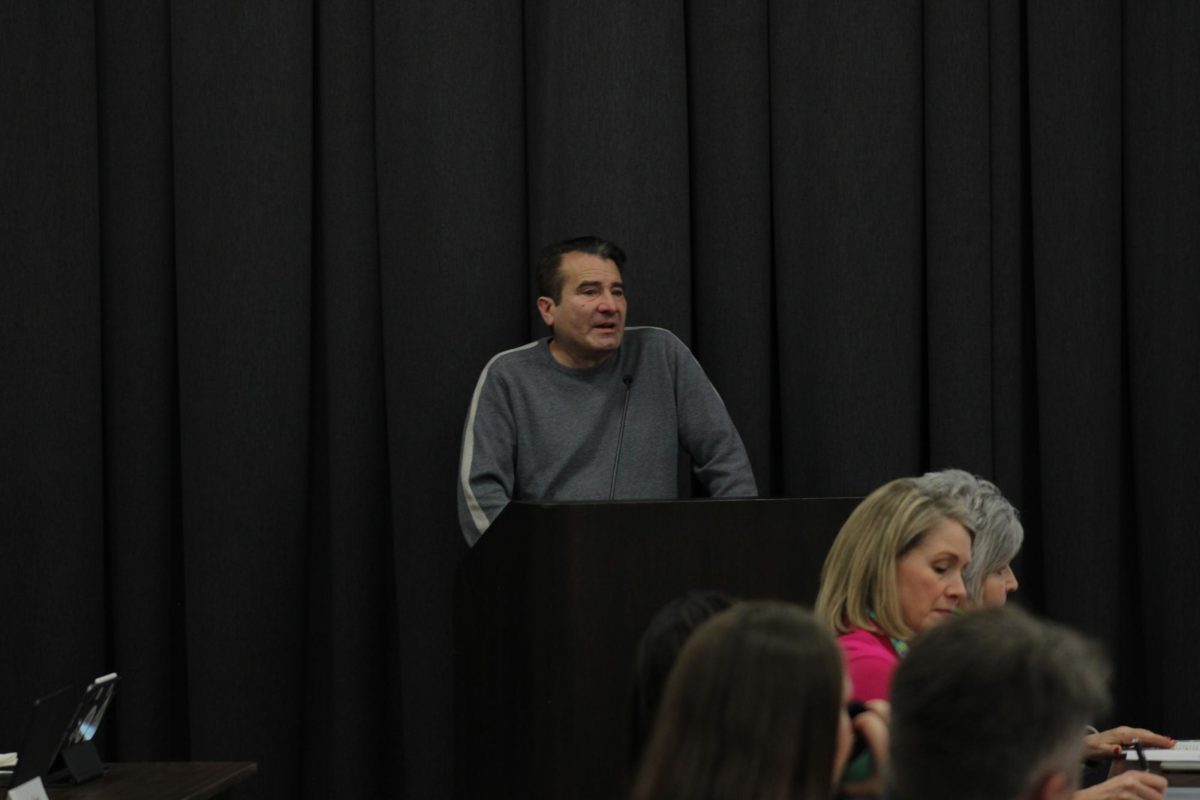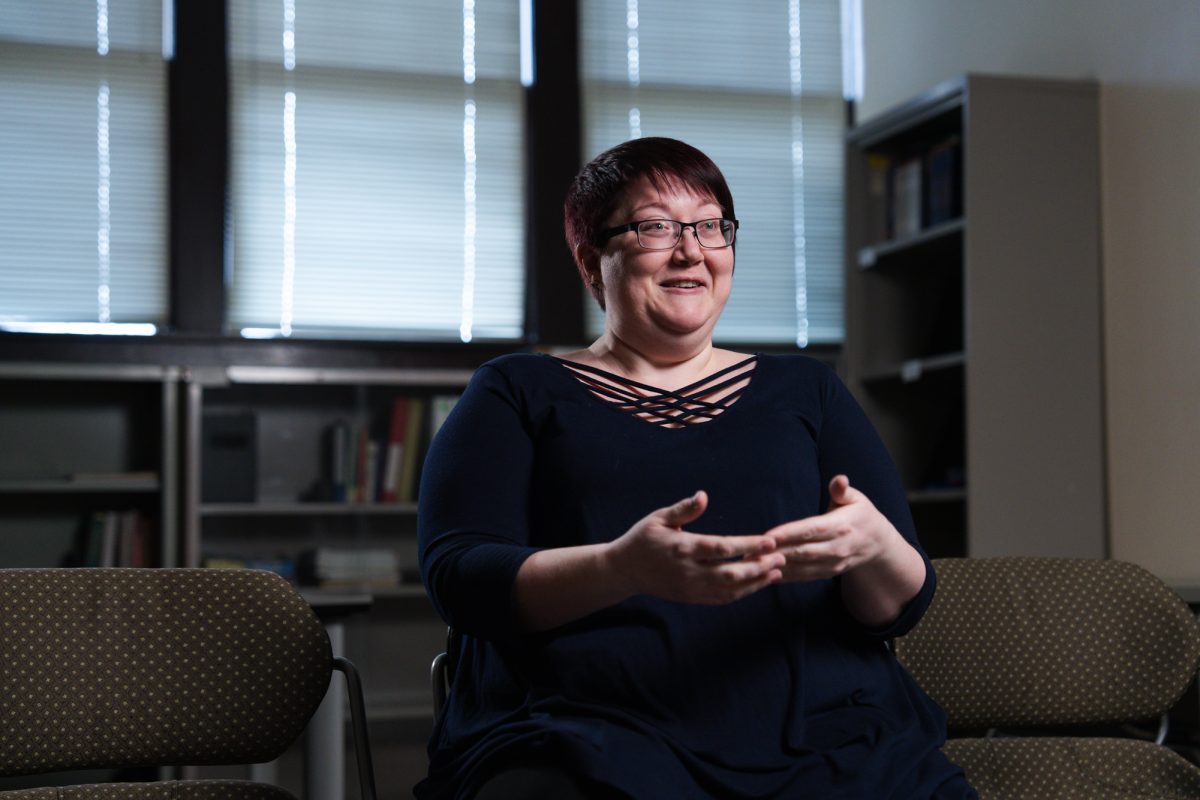Guest Column: The When will I ever use this in real life? paradox
College students should try to read “The Happiness Project” by Gretchen Rubin, “Outliers: The Story of Success” by Malcolm Gladwell, “Peak Performance: Success in College and Beyond” by Sharon Ferrett and “What the Best College Students Do” by Ken Bain.
March 31, 2016
The million-dollar question that most students find themselves asking is, “When will I ever use this in real life?” Typically, we begin seeing this question emerge among the early high school years, usually in math class, and continues to be asked up until graduation from college.
High school teachers generally respond to this question by frantically thinking of a profession or “real-life situation” where one would actually need to apply the Pythagorean theorem or the quadratic formula.
Students never seem to be satisfied with this answer. They don’t understand why they are being forced to learn material that their own successful parents no longer know or understand and that is easily solvable with the use of technology.
Furthermore, we see this question persist into the college years. The same problem still with no clear answer presented by the professors. Now students find themselves faced with a list full of gen-eds, electives and prerequisite courses; most of which have little or no application toward their desired profession. Now, not only are the students being forced to complete these courses in order to graduate but they are also paying to do so. The answer to this question has evolved from the frantic attempt of the high school teachers to a simple, “You need to take these courses to graduate.”
Many professors may give you real-life examples of how the material from their course is being applied in the professional world, but what if the students aren’t interested in pursuing a career in that field? Even if they are, most students understand that corporations are using technology to solve the problems that are presented and that the days of solving differential equations or statistical analysis problems by hand are over.
So, when will we ever have to use this in real life? The short answer is quite simple. You won’t.
However, there’s much more to this question than a simple answer. Teachers continuously try to answer this question as if the material being taught is the sole purpose of our education. With that mentality, teachers will lose this age-old debate every time. Truth is, we are not machines who go through school as a programming process to drill this material into our heads. We are human beings. We go to school and are taught this seemingly useless material as a medium for developing ourselves as professionals, adaptive/independent thinkers and leaders.
The lessons taught in school are not comparable in importance to the lessons learned by students. By being faced with the struggles and challenges present in our high schools and universities, students are forced to develop resiliency, dedication, patience, time management and problem-solving skills. These attributes are unquestionably desired among professionals and are commonly seen among successful leaders in our society. However, the most important attribute of our future professionals and leaders is the one of being able to learn.
My father, a 1997 mechanical engineering ISU graduate, explained to me before I left for college that, “College isn’t about learning the material, it’s about proving that you are smart enough to learn it.”
I agreed with this description until I entered my sophomore year at Iowa State University, where I drew the conclusion that college, rather education as a whole, isn’t about proving anything. It’s about learning, but not about learning the material taught as I explained above. The main intention is to learn how to learn.
As rising professionals, we will be put in unfamiliar environments with unknown procedures and practices. We may have an education, but we will be lacking the experience held by most other employees, including some who you may find yourself leading in the work place.
Our ability to learn is what will define us as successful or unsuccessful individuals. We must accept the fact that even with our college education, we have far less knowledge than those around us. In order to close and even possibly reverse this gap, we will find ourselves using our previously tested ability to learn.
Upon graduation, if you remember nothing from the courses you took as a college student, but walk away with a solid understanding of how to learn, you will more than likely find success in your future career.
Society will always be coming upon new discoveries and inventions, just as we will be faced by new problems and obstacles. However, one thing is for sure: we, the American youth, will be successful in this new world as we have developed a wealth of knowledge far more important than any Pythagorean theorems or quadratic equations. We will be entering the professional world as adaptive thinkers, problem solvers, resilient, dedicated and intelligent individuals.
We will be learners.







